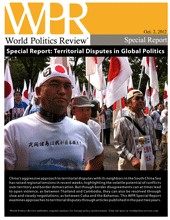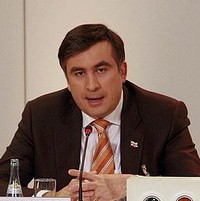
When Georgian President Mikheil Saakashvili took to the air to concede his ruling United National Movement party’s defeat in the country’s Oct. 1 elections and announce the UNM’s plans to head into the opposition, it signaled the end of the Rose Revolution era. That the revolution’s leaders were shown the door through the ballot box and not by street protests marks a significant advance for Georgia and the region. If it has not quite achieved mature democracy yet, Georgia has at least reached an unprecedented level of political competitiveness for the post-Soviet world outside the Baltic states. Among the many […]


